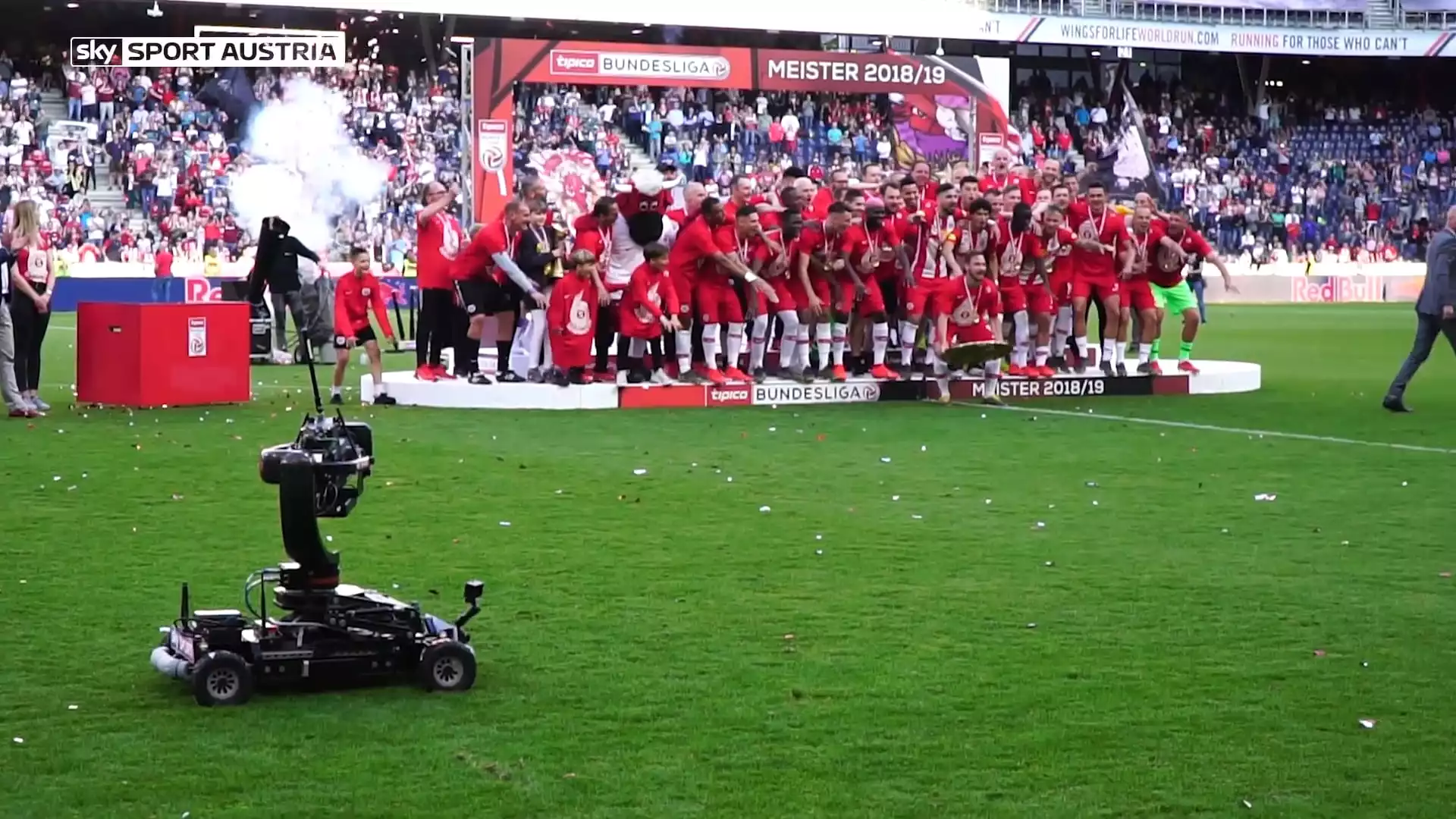What makes a successful manager?
Before delving into the profiles of the top five managers in Austrian Bundesliga history, it is essential to understand the qualities that make a manager successful. While each manager brings their unique style and approach to the game, there are certain common traits that set them apart from the rest. Leadership, tactical acumen, adaptability, effective communication, and the ability to motivate and inspire players are just a few of the key attributes that define a successful manager. These managers possess a deep understanding of the game, meticulously studying opponents, devising strategies, and making crucial decisions during matches. They are adept at managing the egos and personalities within the team, fostering a cohesive and winning environment. The ability to spot and nurture talent is also crucial, as managers play a pivotal role in the development of young players. Now that we have established the qualities of a successful manager, let's dive into the profiles of the top five managers in Austrian Bundesliga history.
Manager 1: Ernst Happel
Ernst Happel is widely regarded as one of the greatest managers in Austrian football history. During his time at Rapid Vienna, Happel revolutionized the game with his innovative tactical approach and meticulous attention to detail. He guided Rapid Vienna to four consecutive Austrian Bundesliga titles from 1967 to 1970, establishing a dynasty that dominated Austrian football. Happel's teams were known for their attacking prowess, fluid passing, and aggressive pressing, which left opponents struggling to cope. His ability to instill discipline and a winning mentality in his players was unmatched, as he demanded nothing but the best from them. Happel's success was not limited to the domestic front, as he also led the Netherlands national team to the 1978 FIFA World Cup final, further solidifying his status as a managerial great.
Manager 2: Max Merkel
Max Merkel, known for his sharp wit and uncompromising style, is another legendary figure in Austrian Bundesliga history. Merkel's managerial career spanned several decades, during which he achieved remarkable success with various clubs. However, it was his time at FK Austria Wien that truly solidified his reputation as one of the finest managers in the league's history. Merkel led Austria Wien to six Austrian Bundesliga titles and three Austrian Cups, dominating the domestic scene in the 1960s and '70s. He was known for his meticulous planning, meticulous tactical preparation, and his ability to extract the best out of his players. Merkel's teams were renowned for their defensive solidity, disciplined organization, and ruthless efficiency in front of goal.
Manager 3: Giovanni Trapattoni
Giovanni Trapattoni, an Italian managerial maestro, made a significant impact during his time in the Austrian Bundesliga. His tenure at FC Salzburg from 2006 to 2008 brought unprecedented success to the club. Trapattoni's arrival signaled a new era for Salzburg, as he transformed the team into a dominant force in Austrian football. Under his guidance, Salzburg won two consecutive Austrian Bundesliga titles and the Austrian Cup. Trapattoni's managerial style was characterized by his meticulous attention to detail, tactical astuteness, and the ability to inspire players to perform at their best. His emphasis on discipline and team cohesion created a winning environment that propelled Salzburg to new heights.
Rede von Giovanni Trapattoni
Manager 4: Karl Decker
Karl Decker, commonly known as "Koarl," is an Austrian footballing icon who left an indelible mark on the Austrian Bundesliga. During his tenure at FK Austria Wien, Decker achieved unprecedented success, guiding the club to five Austrian Bundesliga titles and four Austrian Cups. His tactical brilliance and astute man-management skills were instrumental in Austria Wien's dominance throughout the 1970s. Decker's teams were known for their attacking flair, quick passing, and fluid movement off the ball. He had a keen eye for talent and played a crucial role in the development of several young players who went on to have successful careers. Decker's legacy as one of the most successful managers in Austrian Bundesliga history lives on.
Manager 5: Adi Hütter
Adi Hütter, a modern-day managerial genius, has cemented his place among the top managers in Austrian Bundesliga history. Hütter's time at Red Bull Salzburg from 2014 to 2018 was nothing short of remarkable. Under his stewardship, Salzburg won three consecutive Austrian Bundesliga titles, showcasing their dominance in Austrian football. Hütter's teams played an exhilarating brand of attacking football, characterized by high pressing, quick transitions, and clinical finishing. His ability to develop young players and create a cohesive unit was evident in Salzburg's success both domestically and in European competitions. Hütter's achievements at Salzburg earned him recognition and a move to German Bundesliga side Eintracht Frankfurt, where he continues to make waves.
Key factors contributing to their success
While each of these managers had their unique style and approach to the game, there were common factors that contributed to their success. The ability to adapt tactics to different opponents, meticulous preparation, and the knack for making astute tactical changes during matches were crucial. Effective man-management skills, the ability to inspire players, and creating a winning culture within the team were also key factors. Furthermore, these managers understood the importance of player development and nurturing young talent to ensure sustained success.
Honorable mentions
While the focus of this article has been on the top five managers in Austrian Bundesliga history, it is essential to acknowledge the contributions of other notable figures. Managers like Hermann Stessl, Didi Constantini, and Peter Stöger have also left a lasting impact on Austrian football and deserve recognition for their achievements. Their dedication and passion for the game have helped shape the Austrian Bundesliga into what it is today.










.png?size=50)